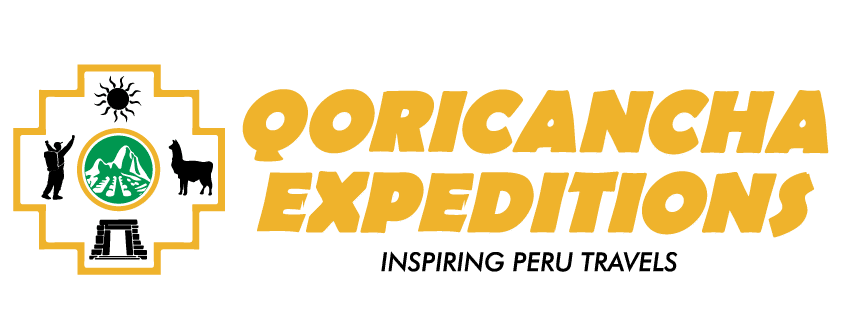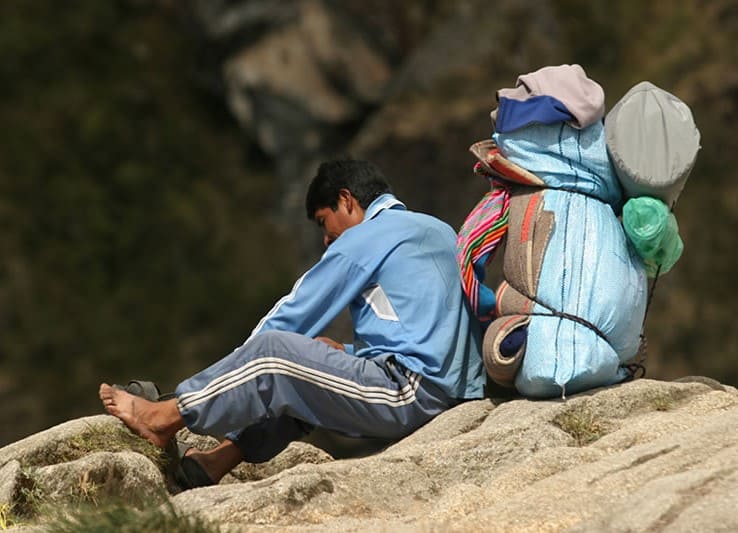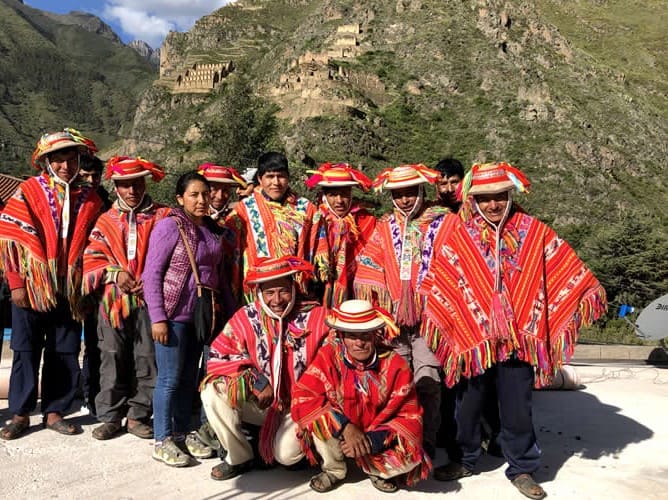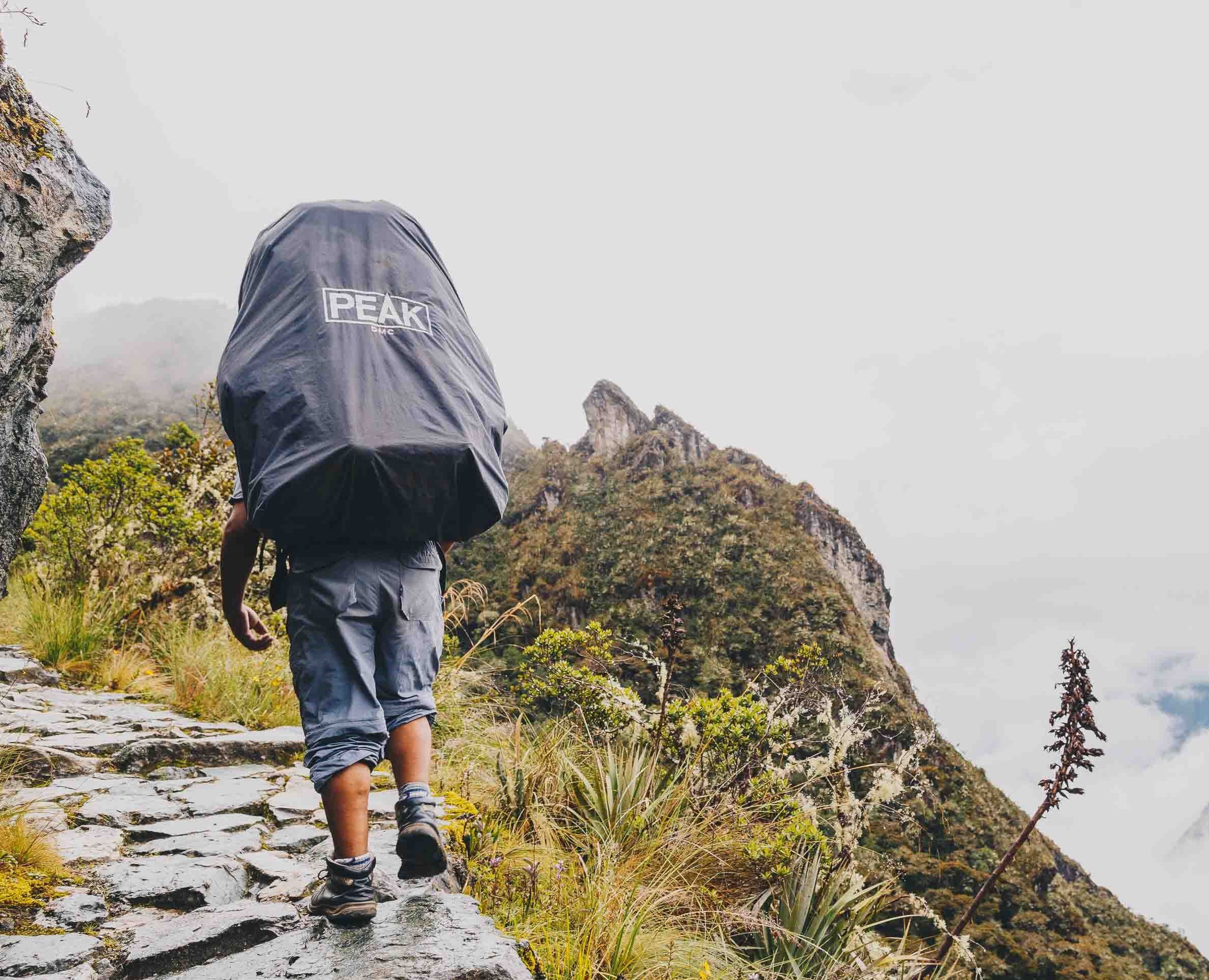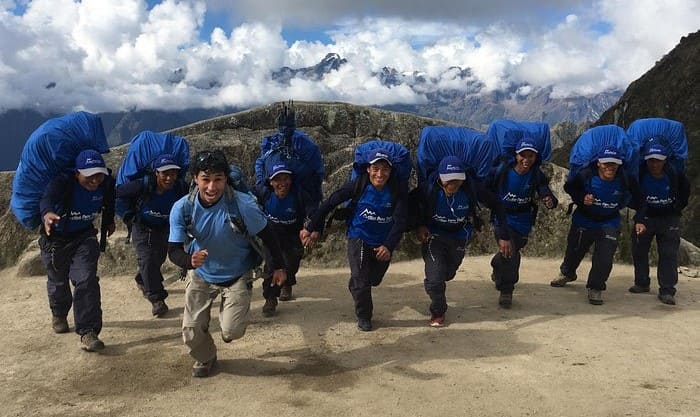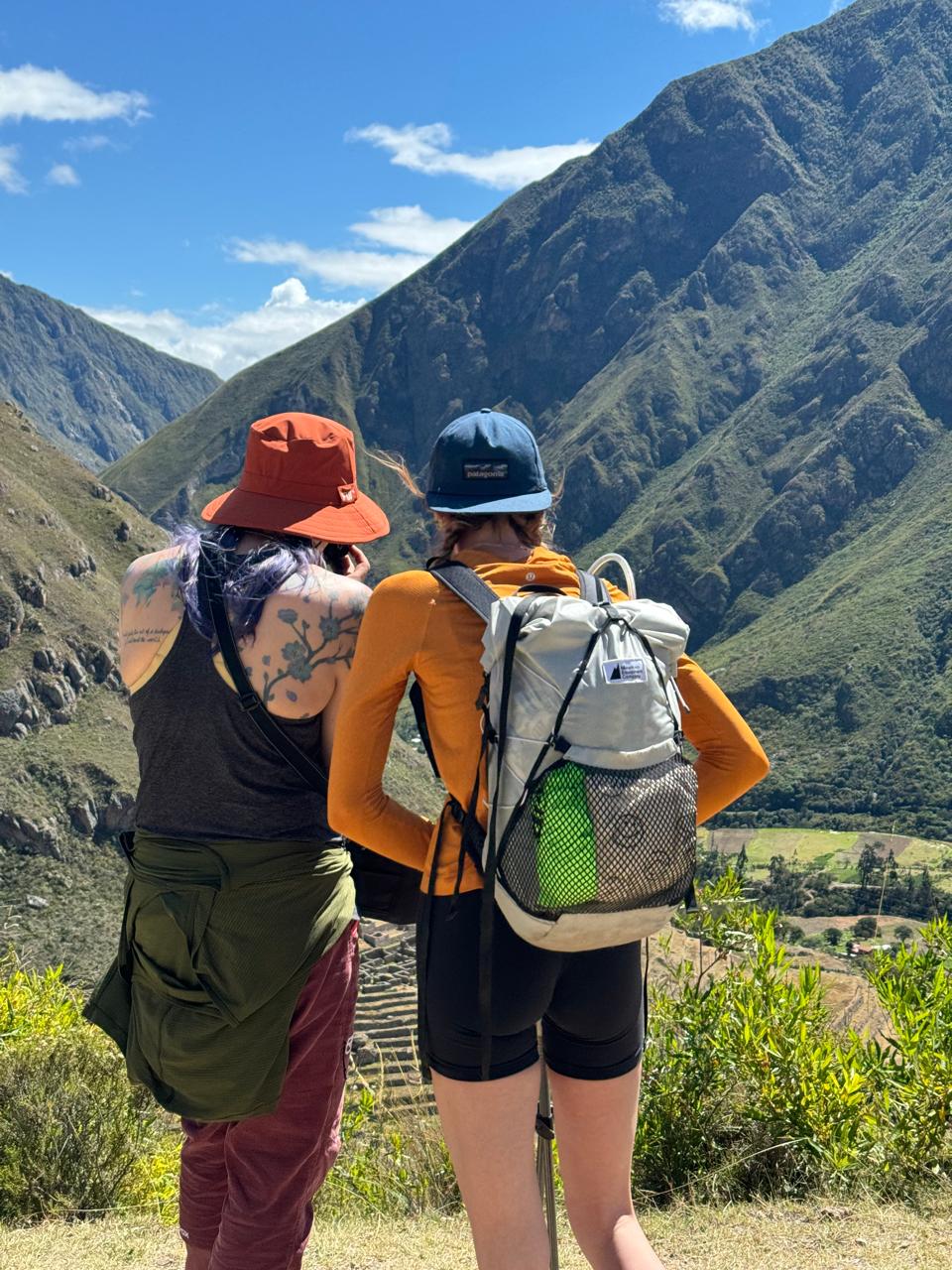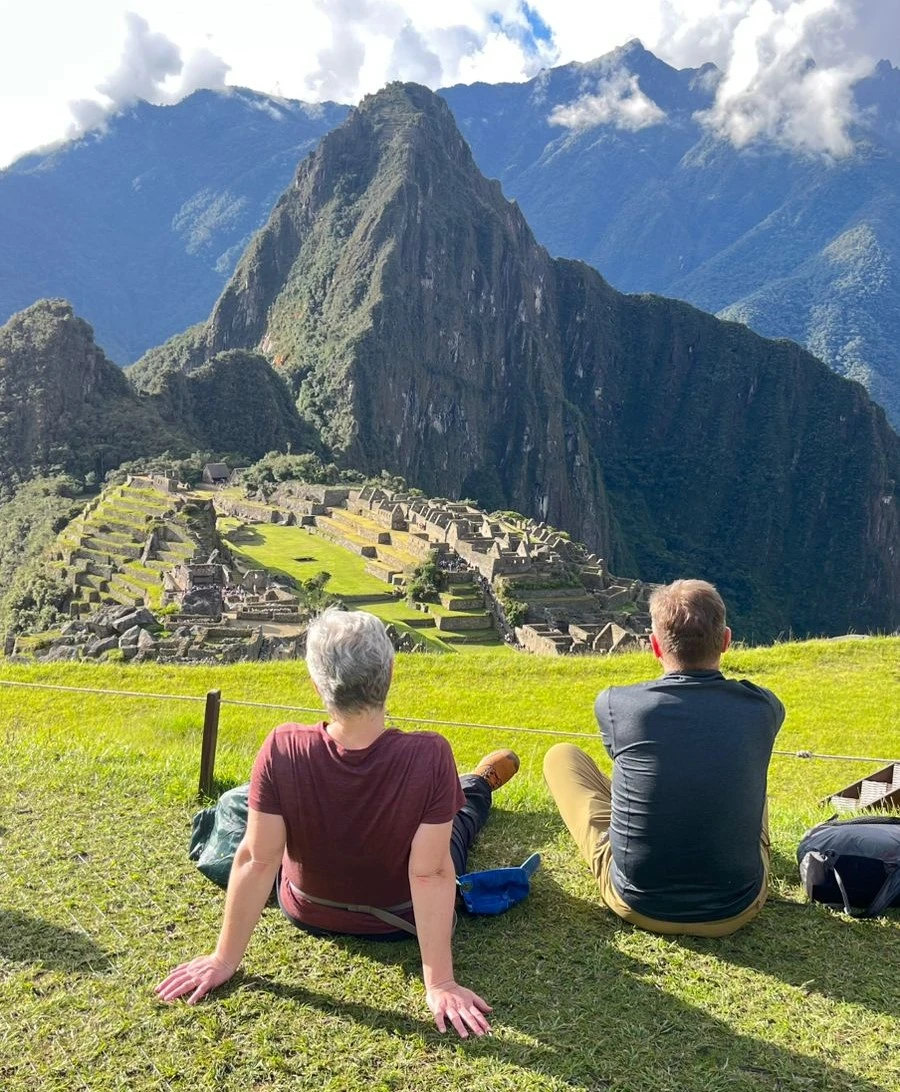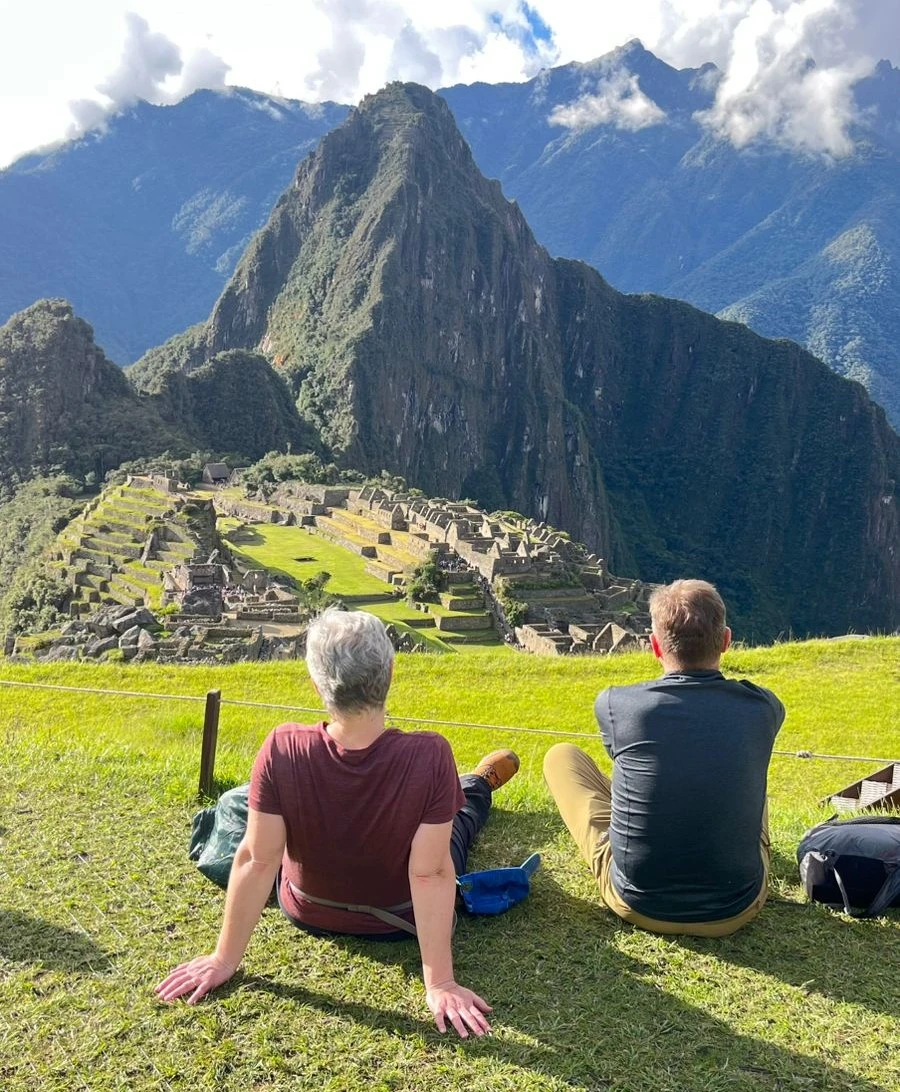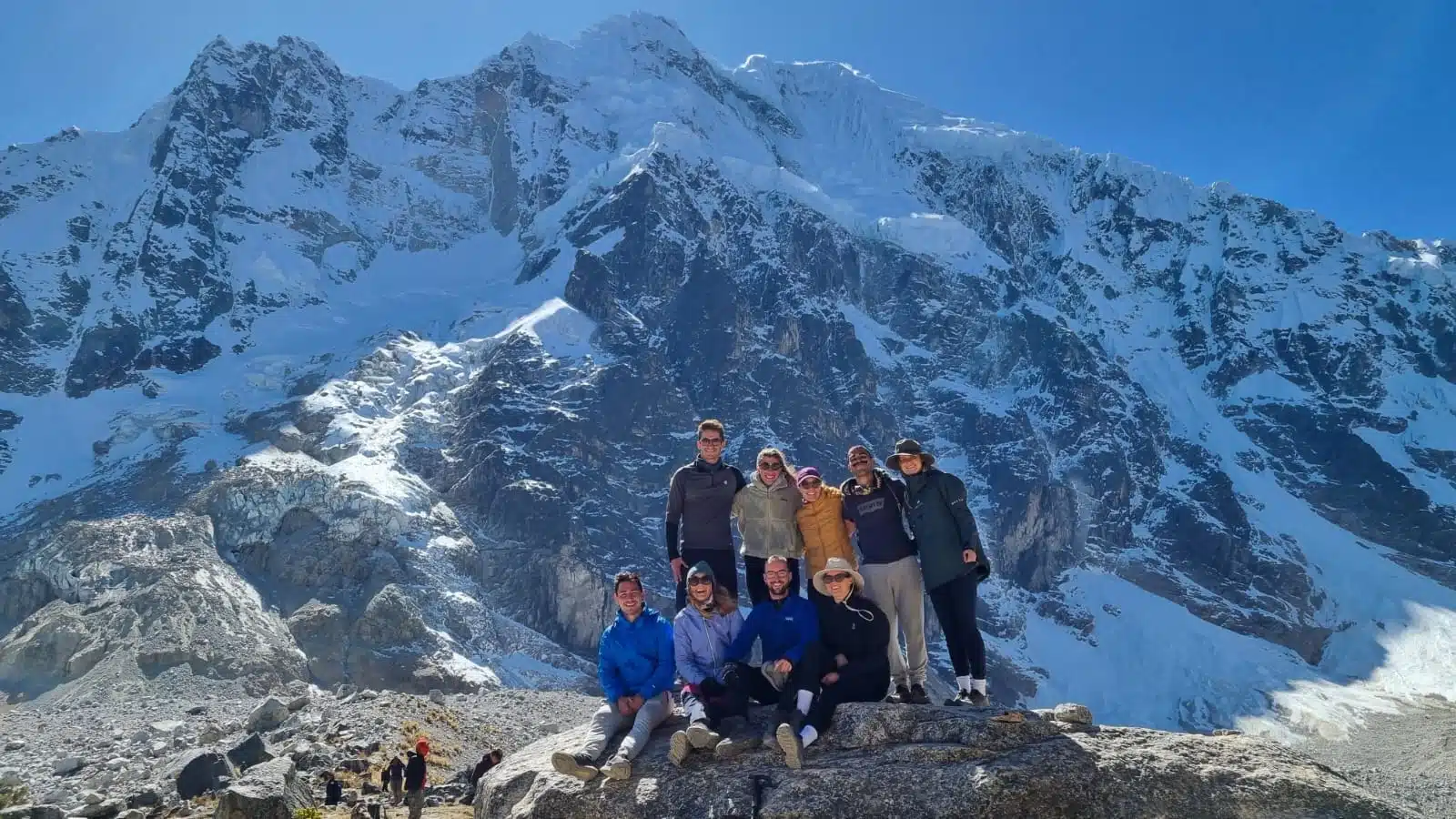Inca Trail Porters: Their Role and Experience on Machu Picchu Treks
Many travelers dream of hiking the famous Inca Trail to Machu Picchu, imagining stunning views, old stone paths, and the excitement of arriving at the Sun Gate. But behind every great trek is a group that often goes unnoticed: the Inca Trail porters. These men make the journey possible by carrying gear, setting up camp, preparing food, and keeping everyone safe. Most hikers could not finish the trail without their help. This article highlights their important work, their traditions, and explains why picking a responsible tour operator truly matters.
History of the Inca Trail Porters
The role of Inca Trail porters goes back to the Inca Empire, when chasquis, or fast runners, carried messages, food, and goods along the Qhapaq Ñan, the vast Andean road network. These runners were known for their endurance at high altitudes and were vital for communication and transport. Today’s porters carry on this tradition by helping trekkers reach Machu Picchu. While their work has changed from delivering messages to supporting tourism, their strength, resilience, and deep connection to the Andes remain. New rules have improved their working conditions, but porters are still at the heart of the Inca Trail, keeping traditions alive and making the journey possible for visitors from around the world.
Who Are the Inca Trail Porters?
Most Inca Trail porters are local men from Quechua-speaking villages in the Sacred Valley, Cusco, and nearby areas. Many work as farmers, growing potatoes, corn, and quinoa when it is planting season, and take on porter jobs during trekking season to help support their families. Their work is tied to a long tradition, as their ancestors served as messengers for the Inca Empire and were known for their strength and speed. Today, porters continue this legacy, working hard and welcoming trekkers with the warmth typical of the Andes, helping make each journey along the Inca Trail memorable.
The Evolution of the Porter’s Role: Past to Present
Over the years, the role of Inca Trail porters has transformed. In ancient times, they were indispensable messengers and carriers for the Inca rulers. With the rise of tourism in Peru, especially after Machu Picchu was declared a UNESCO World Heritage Site, porters became essential for guiding visitors along the Inca Trail. Regulations were introduced to protect them, limiting the weight they carry and guaranteeing better working conditions. Today, porters are not just workers but cultural ambassadors, sharing their Andean heritage while ensuring trekkers have a safe and comfortable hike. Their role continues to evolve, blending ancestral resilience with modern tourism standards, making them an irreplaceable part of the Inca Trail experience.
Modern Challenges Porters Face
Despite progress in recent years, Inca Trail porters still face many challenges. Carrying loads of 20–25 kilos at high altitude requires enormous physical effort, often over steep and rugged terrain. Weather can shift quickly, from freezing nights to intense sun, adding to the difficulty. Although regulations have improved, some porters still struggle with fair wages, proper gear, or access to health insurance. Many also balance this demanding job with family responsibilities in their villages. Their resilience and dedication remain remarkable. These challenges show the importance of choosing responsible tour operators that prioritize porter welfare and ensure they receive the respect, equipment, and working conditions they deserve.
The Role of Porters on the Inca Trail
Porters on the Inca Trail perform a range of essential tasks beyond transporting equipment. They are responsible for carrying tents, sleeping bags, dining gear, food supplies, and portable toilets. While trekkers carry only daypacks, porters transport the remaining items and frequently arrive at campsites in advance to prepare the area. Additionally, porters assist with meal preparation and ensure that campsites are secure and organized. Their efforts enable trekkers to concentrate on the natural and historical aspects of the trail rather than managing heavy equipment.
Life on the Trail: A Day in the Life of a Porter
A porter’s day begins well before trekkers are awake. At dawn, while hikers are still cozy in their tents, porters are busy packing gear and making breakfast. When the group starts walking, porters keep a steady pace and often move ahead to set up the next camp. On steep climbs like Warmiwañusca Pass, their strength and speed stand out. By the time trekkers arrive, everything is ready: tents are set up, hot food is served, and water is available for washing. Even after all this work, porters usually welcome travelers with a smile, showing the warm spirit of the Andes.
Physical Demands and Skills Required
Being an Inca Trail porter requires physical strength, endurance, and skill. Regulations now limit them to carrying 20 kg, but even with this restriction, trekking across rugged terrain at high altitude is demanding. Porters climb the same steep passes as tourists, often barefoot or in simple sandals, moving twice as fast. Their deep knowledge of mountain weather, terrain, and safety makes them vital to the trek. For many, portering is not just a job, it’s a way of life that blends tradition, resilience, and dedication.
The Human Side: Stories and Brotherhood
Porters are individuals with compelling personal stories. Many support their children’s education or save for essential tools. A strong sense of brotherhood is evident as they share jokes, songs, and coca leaves along the trail. Their camaraderie helps turn challenging journeys into shared experiences. Trekkers often note the emotional connection they feel with porters, whose quiet strength creates a welcoming atmosphere.
Challenges Faced by Porters
In the past, porters often faced tough conditions like carrying heavy loads, earning low wages, and not getting enough food. While rules have made things better, some problems still exist. Some companies do not provide the right equipment or fair pay. Porters also deal with altitude sickness, bad weather, and long workdays, but they keep going with impressive dedication. Trekkers should be aware of these challenges. By choosing a responsible trekking company, you help make sure porters are treated well, which also improves your own experience.
Regulations Protecting Inca Trail Porters
The Peruvian government introduced regulations to protect porters, including weight limits (maximum 20 kg) and mandatory permits. Agencies must also provide fair wages, meals, and equipment. These laws are crucial, but enforcement can vary, so travelers need to be informed. Asking about porter treatment before booking ensures your adventure supports the people who make it possible. By hiking responsibly, trekkers help preserve the trail and the dignity of those who keep it alive.
The Importance of Fair Treatment in Selecting Tour Operators
Selecting a tour operator that prioritizes porter welfare is a critical decision for hikers. Ethical tour operators supply appropriate uniforms, adequate sleeping facilities, nutritious meals, and equitable compensation. These operators also ensure that porters carry manageable loads and are integrated into the trekking community. When porters receive proper care, the overall quality of the trekking experience improves. Hikers report increased engagement, better camp organization, and a more meaningful journey.
Our Commitment at Qoricancha Expeditions
Qoricancha Expeditions prioritizes the well-being of porters, recognizing them as integral members of the organization rather than peripheral staff. The company ensures fair compensation, appropriate equipment, nutritious meals, and respectful working conditions. Emphasis on small group sizes allows porters to work under humane conditions while providing trekkers with personalized service. Participation in these expeditions supports a community dedicated to preserving Andean cultural traditions.
Ethical Tour Operators on the Inca Trail
Selecting an ethical tour company benefits both travelers and the porters who support the Inca Trail. These operators provide fair wages, reasonable load limits, appropriate gear, and humane meals and accommodations. They also offer accident insurance, ensuring security for their staff and their families.
Ethical operators prioritize smaller groups to ensure quality experiences and allow porters to work with dignity. By choosing these companies, travelers can enjoy a memorable and responsible journey to Machu Picchu. Companies such as Qoricancha Expeditions set the standard with fair porter treatment, sustainable practices, and personalized service. Respect for porters and commitment to sustainability help preserve the spirit of the Inca Trail.
Conclusion: Recognizing the Essential Contributions of Inca Trail Porters
The Inca Trail is renowned for its stone pathways, cloud forests, and the notable approach to Machu Picchu. However, the porters play a critical role in facilitating this journey. Their physical endurance, professionalism, and commitment transform the trek into a significant experience for participants. Selecting Qoricancha Expeditions provides not only high-quality service and small group sizes but also supports the individuals essential to the operation of these expeditions. Responsible travel practices contribute to positive outcomes for the local communities who support and guide visitors along the trail.
